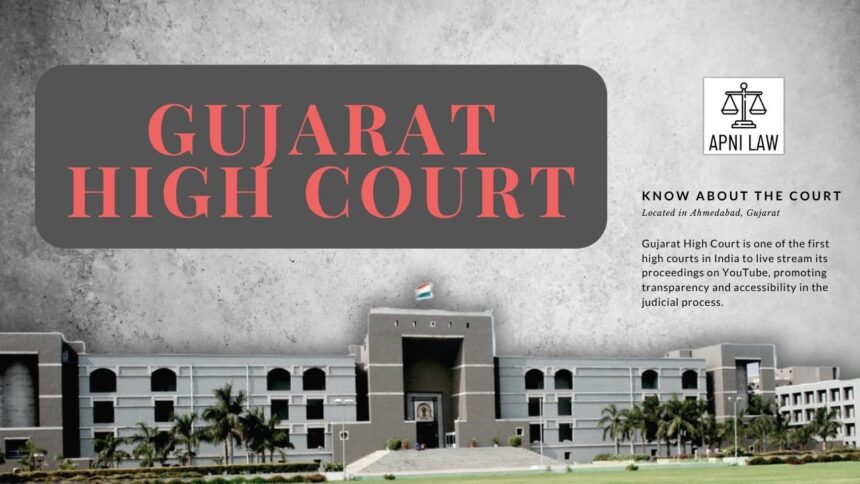Introduction
In the case titled X vs Y, the Gujarat High Court ruled that foreign divorce laws cannot dissolve Hindu marriages solemnized in India under the Hindu Marriage Act (HMA). A bench led by Justice A.Y. Kogje and Justice N.S. Sanjya Gowda issued this judgment. The court held that only Indian laws under the HMA govern such marriages, even if the couple acquires foreign domicile or citizenship.
Facts of the Case
The couple married in Ahmedabad in 2008. They later moved to Australia. The husband became a permanent resident, the wife continued to live there and obtained citizenship in 2015. They had a child in 2013.
In 2016, the husband initiated divorce proceedings in Australia via the Federal Circuit Court of Sydney. The Australian court granted the decree on November 24, 2016.
Meanwhile, in Ahmedabad, the wife filed for restitution of conjugal rights and maintenance under Section 9 of the HMA and Section 125 CrPC. The family court rejected her pleas and declared the Australian decree valid.
The wife appealed, challenging the Australian divorce decree as invalid. She argued that Indian courts alone had jurisdiction.
What the Court Says
The Gujarat High Court took strong notice. It affirmed that a Hindu marriage solemnized in India remains governed solely by the HMA. Foreign law cannot override it, even if parties acquire foreign citizenship or domicile.
The bench quoted the Supreme Court’s 1991 decision in Y. Narasimha Rao v. Y. Venkata Lakshmi. It stated that marriages performed in India fall exclusively under Indian law, regardless of foreign domiciles.
The court found it untenable that the family court accepted the Australian decree. Especially when both parties resided in India or held OCI status.
The judges held that the husband intentionally filed abroad to take advantage of foreign laws and avoid Indian law under the HMA. The Australian court itself expressed doubt about its jurisdiction over the marriage.
The bench emphasized that domicile or citizenship cannot decide the fate of Hindu marriages. Only the law under which the marriage took place matters.
The court set aside the family court’s order and remanded the matter for a fresh hearing. The wife’s pleas must now be adjudicated under Indian matrimonial laws.
For any specific query call at +91 – 8569843472
Implication
This judgment delivers a clear message: marriages solemnized under the HMA remain governed by Indian law, no matter where life leads the couple. Even foreign courts lack authority to dissolve such marriages. Citizenship and domicile cannot alter that.
Practically, this empowers Indian spouses to challenge foreign divorce decrees and seek relief through Indian courts under the HMA. It stops forum shopping and prevents misuse of foreign legal systems to override Indian matrimonial laws.
Moving forward, Indian courts must scrutinize foreign divorce decrees carefully, particularly when marriages were conducted under Indian laws. The focus must stay on the law governing the marriage. This ensures consistency and legal certainty in matrimonial disputes.








